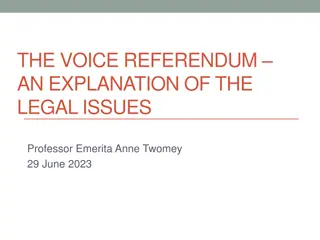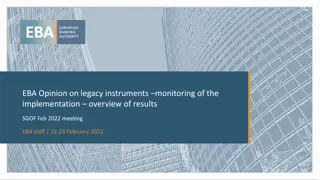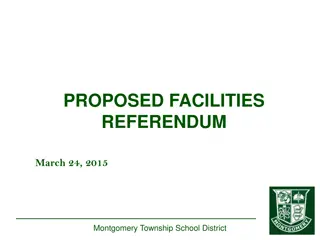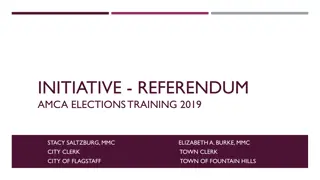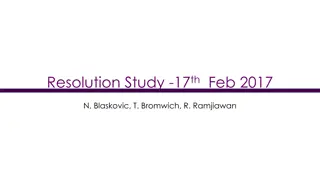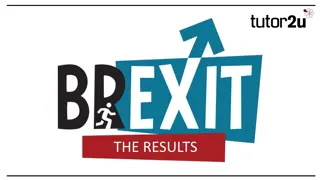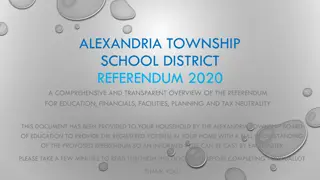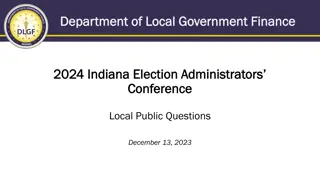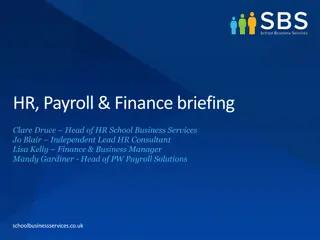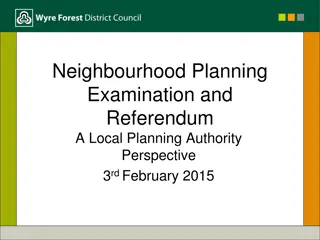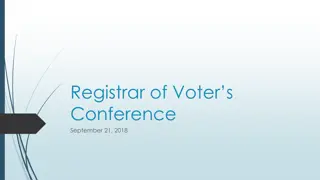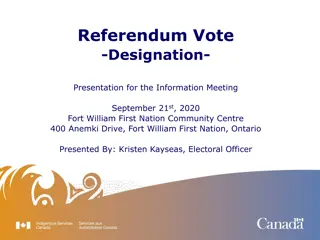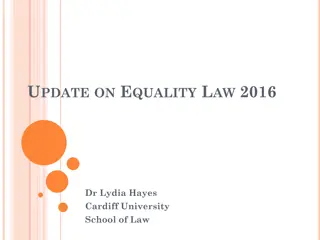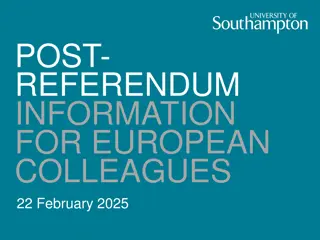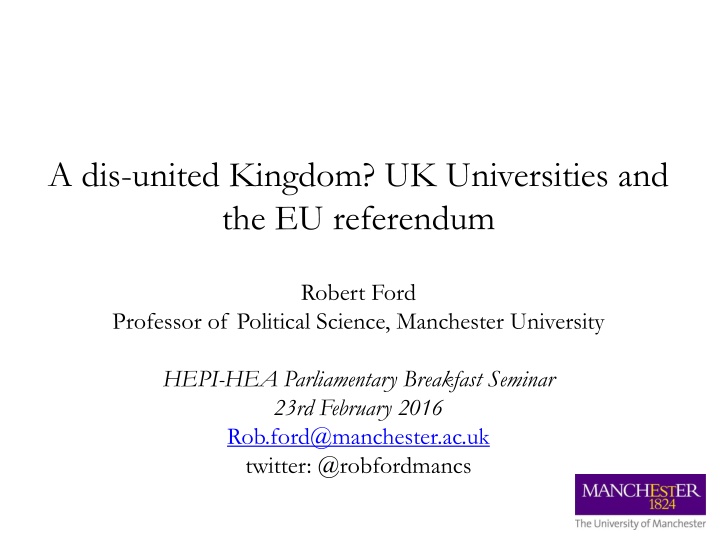
UK Universities and the EU Referendum: Public Opinion and Social Divides
"Explore insights on UK universities and the EU referendum, including public opinion trends, the phone-internet divide, social divides based on age and class, and leadership influence. Learn about the implications and potential outcomes of these divisions." (309 characters)
Download Presentation

Please find below an Image/Link to download the presentation.
The content on the website is provided AS IS for your information and personal use only. It may not be sold, licensed, or shared on other websites without obtaining consent from the author. If you encounter any issues during the download, it is possible that the publisher has removed the file from their server.
You are allowed to download the files provided on this website for personal or commercial use, subject to the condition that they are used lawfully. All files are the property of their respective owners.
The content on the website is provided AS IS for your information and personal use only. It may not be sold, licensed, or shared on other websites without obtaining consent from the author.
E N D
Presentation Transcript
A dis-united Kingdom? UK Universities and the EU referendum Robert Ford Professor of Political Science, Manchester University HEPI-HEA Parliamentary Breakfast Seminar 23rd February 2016 Rob.ford@manchester.ac.uk twitter: @robfordmancs
Public opinion on the referendum May 2015-Feb 2016 Source: Pickup, Jennings , Wlezien and Ford Polling Observatory poll aggregation estimates
The phone-internet divide Source: Professor Matthew Goodwin
Why the divide? Soft in? people who say they don t know online, but shift to in on the phone? Social desirability effects: people less willing to support contentious view (out) on phone? Sample effects: opt-in panels recruit more interested in some groups (e.g. 65 plus) may over-represent out? We have been here before: Phone polls gave higher shares for No in Scottish independence referendum campaign Phone polls gave lower shares for UKIP in 2015 election campaign
Social divides: age and referendum preference, 6 pollster average 70 18-24 25-34 65 plus 61 60 53 50 50 40 34 29 30 20 20 18 18 16 10 0 Remain Leave Don't know
Social divides: Class and referendum preferences, 6 pollster average 60 AB C1 C2 DE 52 50 48 47 45 40 36 34 33 33 30 20 20 20 16 15 10 0 Remain Leave Don't know
Social divides: profs & students vs pensioner & plumbers Professional middle classes, the young, graduates, ethnic minorities tend to back remain more strongly Working classes, pensioners, school leavers, white voters tend to back leave more Implications? Remain has stronger support from more informed/politically engaged groups (except young) firmer support? More undecided votes in leave leaning groups greater potential growth? Turnout: hard to call. Each side has support from some high & some low turnout groups
How will opinion move through the campaign? 60 40 20 0 -20 -40 -60 Source: Dr Alan Renwick
Campaign: advantage remain? Historically, moves to the status quo option much more common in final month of campaigning (Renwick, 2014)... ....but not always. Move towards change in one third of cases (incl. Scottish indyref) Change option has done best historically when: Larger share of change voters have firm, well-informed views pre-campaign Change can convince uncertain voters that change is not risky Change can explain what the change will mean in concrete terms Change can portray status quo as risky Change manage to portray their option as a low-risk anti-establishment vote Most of these conditions don t obtain this time: Lot of undecided voters, low information levels generally, little understanding of what Brexit would mean, vote is very important and recognised as such Change has few credible/reassuring leaders (though: Boris)
Could the polls be wrong? If so, in what direction? In 17 recent/relevant referendum campaigns, final polls underestimated status quo option in 13 (Fisher, 2014): Including AV referendum (5 points), Scottish independence (3 points), Welsh devolution (4 points), 1975 EU referendum Only cases where polls underestimated change were when change well ahead (60% plus) Scotland 1997, Ireland May 2012 When final polls are close, status quo is often underestimated, but has never been over-estimated Why: Poll bias? Possible, but unlikely given systematic pattern Late deciding don t knows tend to break for status quo Turnout effects close vote mobilises low interest voters anxious about change (some evidence for this in Scotland 2014)

